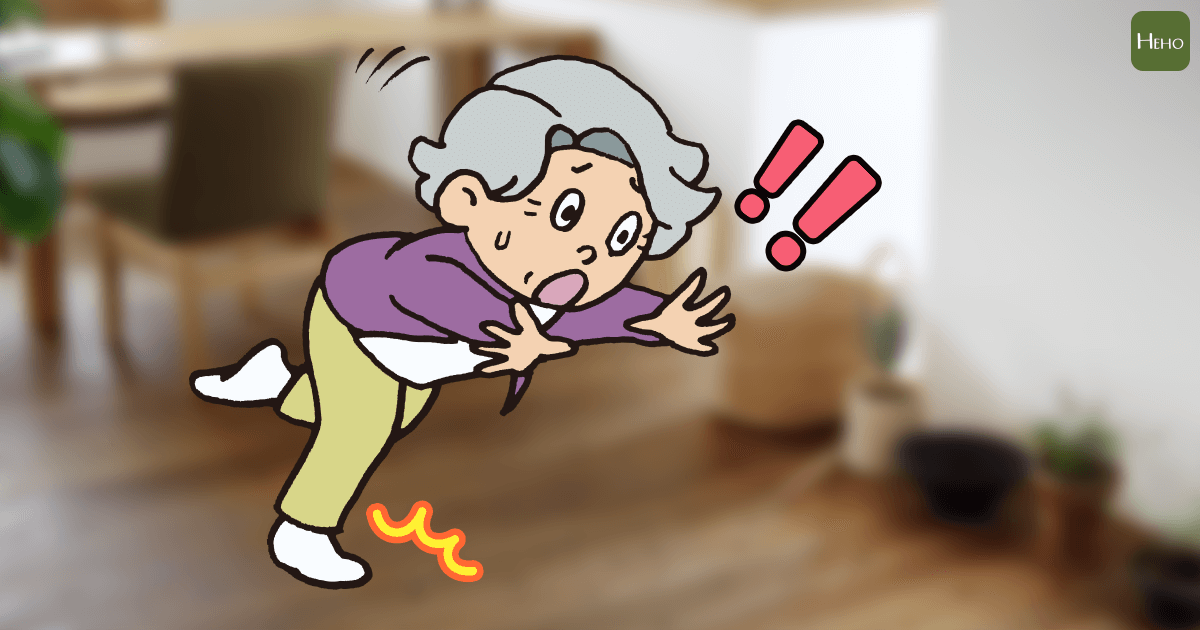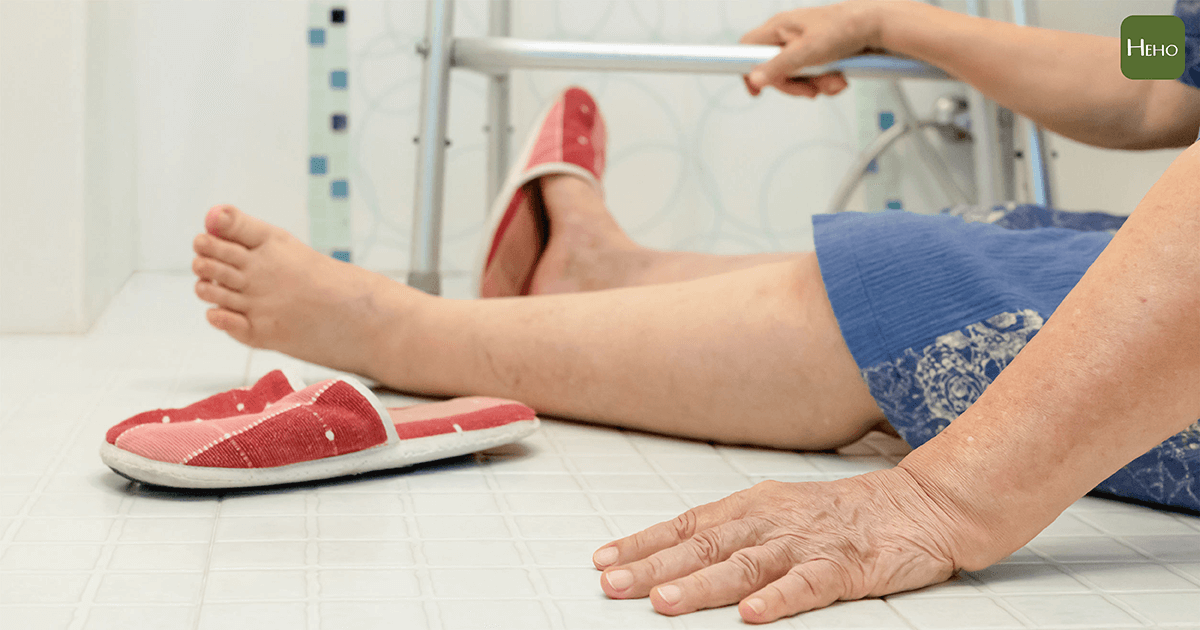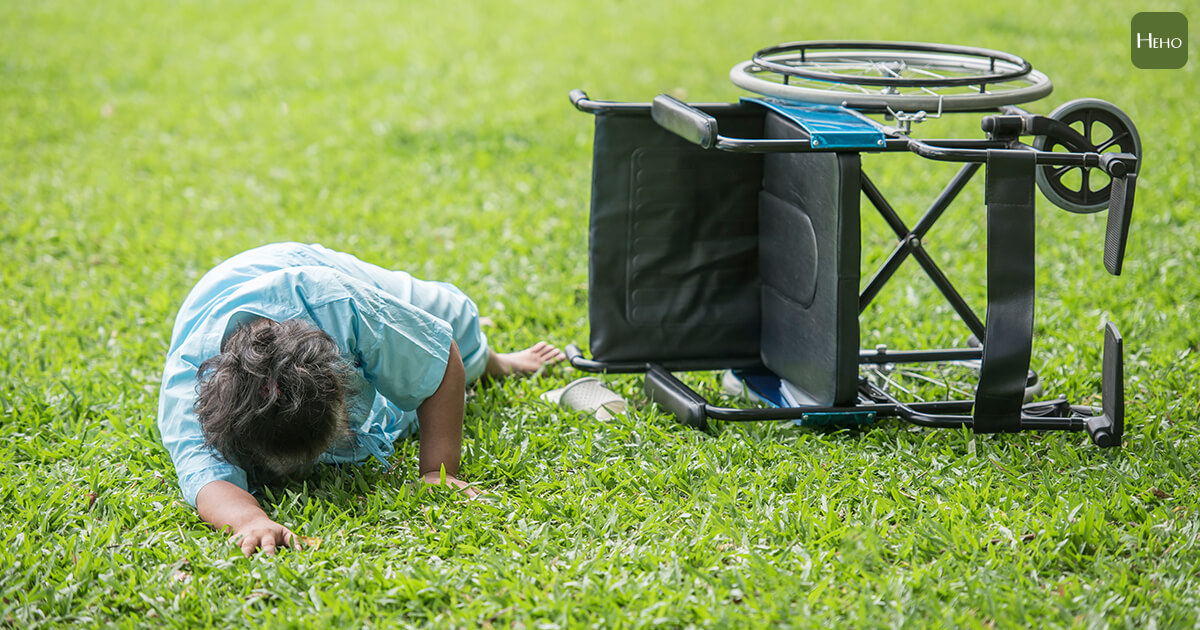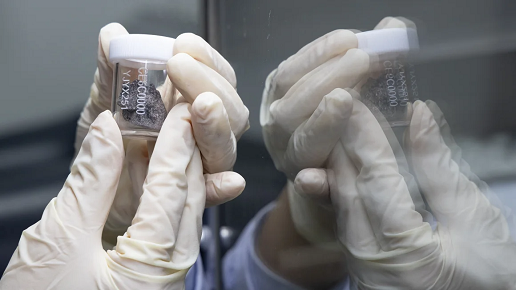Falling is the leading cause of accidental death among the elderly. Due to the high prevalence of comorbidities such as osteoporosis and organ degeneration in the elderly, even minor falls can be dangerous. Statistics from the United States show that falls are the primary cause of accidental deaths in people over 65, while in Taiwan, it is the second leading cause.
Doctors indicate that falls in the elderly are a significant health risk that should not be overlooked. Clinically, many patients experience health deterioration after falls, requiring the use of wheelchairs for mobility. Furthermore, previously well-controlled blood sugar and blood pressure levels can spike due to decreased activity and poor mood.
Why do most falls occur in the bedroom? Mr. Zhang, 71, recently fell in the bathroom while showering, hitting his head and losing consciousness. As no family members were home, he was found and taken to the hospital hours later, but unfortunately died from a brain hemorrhage. Another case is Ms. Lin, 60, who fell from a folding ladder while organizing items at home, breaking her right leg. Although she is gradually recovering after surgery, she still needs to use a walker and wheelchair. Chronic conditions such as hypertension worsened due to this accident. In recent years, "falls" have ranked second among the causes of accidental injury-related deaths in the elderly. (Image provided by Heho Health)
In recent years, "falls" have ranked second among the causes of accidental injury-related deaths in the elderly. (Image provided by Heho Health)
Commonly, people think falls among the elderly occur more frequently outside the home, but home falls are also prevalent. According to the National Health Department's survey, "falls" have ranked second in causes of accidental injury-related deaths among the elderly in recent years. One-sixth of those over 65 reported experiencing falls in the previous year. The most common locations for falls are the bedroom (35.6%), living room (30.8%), and bathroom (17%).
Why do falls mostly occur in the bedroom? This is because elderly people often have slower neural responses when getting up or changing positions, leading to orthostatic hypotension, which increases the risk of falls. Those with chronic diseases need to be particularly careful when moving and changing positions, doing so slowly and gently.
Weak muscles are a major cause of falls. It is noteworthy that "muscle strength" declines with age. According to statistics, accidents are more likely to occur when descending stairs than ascending. Dr. Tai Yi-Rong emphasizes that after a severe fall (such as a fracture or head injury), mortality and disability rates increase significantly within a year. The bathroom is also the place where the elderly most frequently fall. (Image provided by Heho Health)
The bathroom is also the place where the elderly most frequently fall. (Image provided by Heho Health)
Some elderly individuals, fearing another fall, reduce their movements or outdoor activities. Dr. Tai Yi-Rong states that this leads to physical deterioration, decreased mobility, and social isolation, which can cause psychological problems. He believes that elderly people must strengthen their muscles through exercise to reduce the risk of falls. Examples include practicing squats to enhance leg strength, and engaging in activities such as brisk walking, stationary cycling, and swimming. Additionally, practicing Tai Chi and yoga can improve balance and flexibility.
In the clinic, many elderly patients ask how to know if they have insufficient muscle strength. Dr. Tai Yi-Rong provides a self-assessment method: if the elderly find it difficult to get up from a chair or lift objects heavier than 5 kilograms, it may be a sign of sarcopenia. It is best to consult a professional doctor on how to strengthen muscles. Besides diversified exercise, maintaining a balanced diet and ensuring adequate protein intake are essential to avoid sarcopenia.
。







